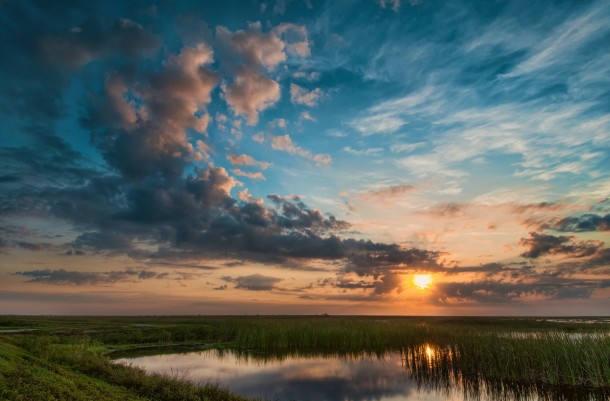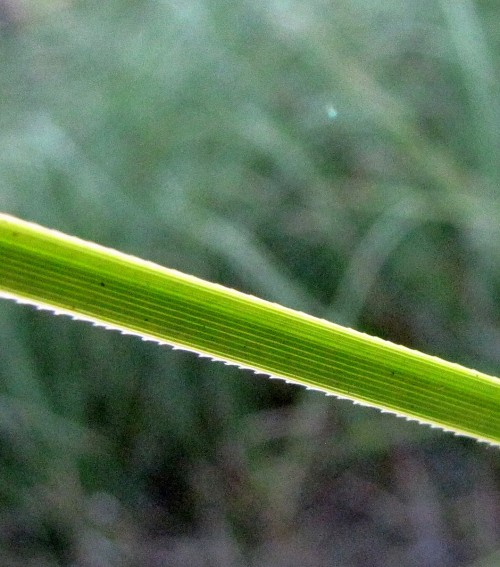A Land Remembered: Focus on Solomon MacIvey
The novel A Land Remembered, is full of incredible
characters. A Land Remembered focuses on three generations of the MacIvey family who migrated to Florida during the
19th century. At first there are many struggles that the family has
to deal with. They soon adapt to live off the land and start a cattle & citrus business.
The character that I thought went through a transformation in the novel was
Solomon MacIvey.
Solomon MacIvey, or
Sol, is a third generation MacIvey, who likes to call himself “the least of the
MacIveys”. He was born into the cattle business and taught by his father Zech
and his grandfather Tobias. After his father dies he decides to leave the
wilderness for a new life. This new life was a miserable one because he soon
became power hungry, selfish, and obsessed with big business. He uses some of
his father’s land to start a business. At first he is saddened by the real
estate boom and buildings popping up on either side of his family’s land,
however he couldn’t resist the temptation of a profit and soon gave into real
estate and created the MacIvey Real Estate and Development Company. Sol soon
falls in love with a girl named Bonnie who helps change him. It wasn’t until
after her death during a hurricane that he realizes the monster he’s become.
Sol’s character relates to the environment in two ways: in a positive way before his father’s death, but a negative way after he passes. He realizes he made a mistake of building on the land his father wanted to preserve. I feel that Solomon feels a sense of place in nature, back at Punta Rassa. I believe he has a strong attachment to this place because after he realizes he was utilizing the land wrong, he gives away some of his possessions and returns there as his final resting place.
Sol’s character relates to the environment in two ways: in a positive way before his father’s death, but a negative way after he passes. He realizes he made a mistake of building on the land his father wanted to preserve. I feel that Solomon feels a sense of place in nature, back at Punta Rassa. I believe he has a strong attachment to this place because after he realizes he was utilizing the land wrong, he gives away some of his possessions and returns there as his final resting place.
Sadly, Solomon only left
behind a physical legacy because he created many buildings and businesses with
his family’s name. He realized that he had exploited the land after the damage
had already been done, and progress isn’t reversible.
Although Solomon
lived a painful life, I choose him because I can feel for him. I feel that he
made decisions to misuse the land rather than preserve it because he did not
have to go through as many hardships as previous generations had to establish
themselves. His parents and grandparents had to create a new life for
themselves in the scrub of the Florida wilderness. When Solomon was born he was
just taught what they had worked for. He experienced tragedies in his life and
using his family’s land for a profit seemed like a good solution. I don’t blame Sol for the choices he made in the novel because I
understand his point of view. Like Sol, I am a third generation in America
where things come easier for me than they did for my parents or grandparents.
My grandparents came from Italy and made a living for themselves. They worked
hard and appreciate things differently than I do.
Overall I enjoyed the
book. I thought Patrick Smith did a really awesome job at illustrating early
Florida and the hardships that the MacIveys went through.





















